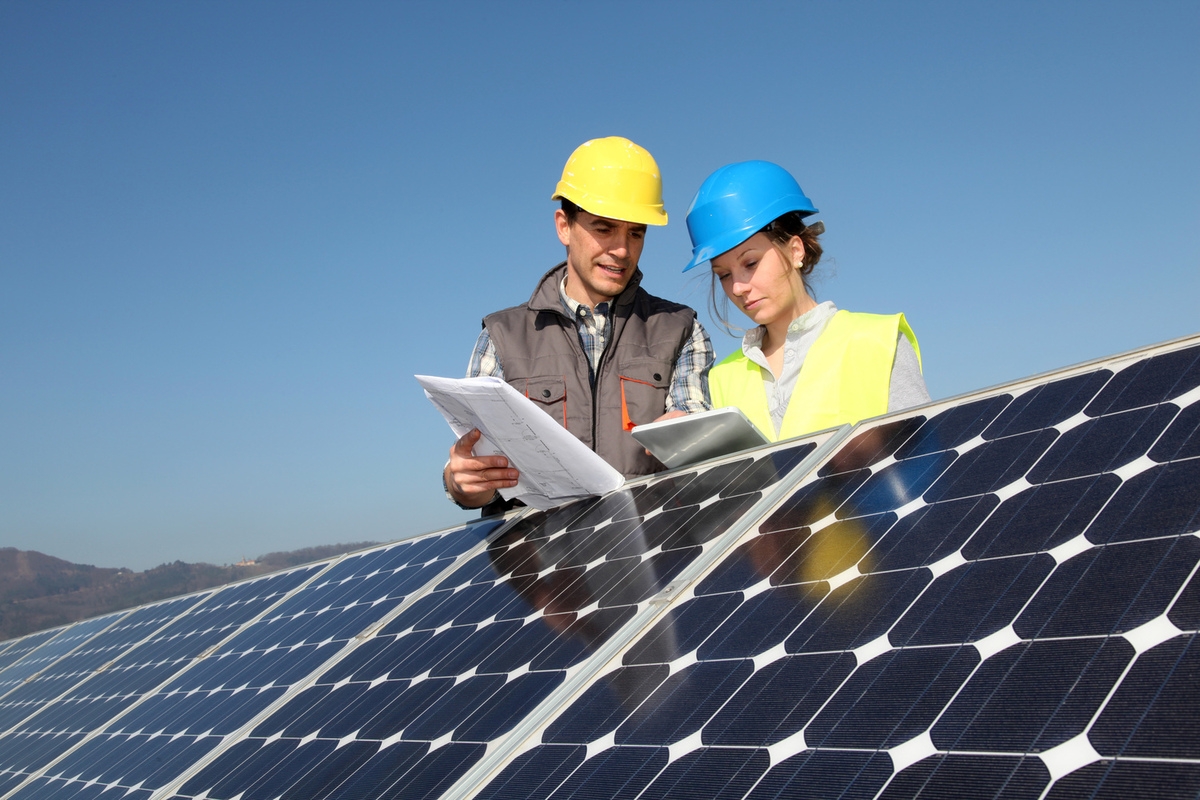Solar Panel Installation Cost in Germany
Germany is a global leader in renewable energy, and its solar panel market is a testament to its commitment to green energy solutions. With solar energy gaining traction, many homeowners and businesses in Germany are increasingly interested in installing solar panels to reduce their carbon footprint and energy costs. However, the potential financial investment can be a significant consideration.

Understanding Solar Panel Installation Costs
Initial Costs
The initial cost of installing solar panels in Germany varies depending on several factors, including the system size, the type of panels used, and the complexity of the installation. On average, the cost for residential solar panel systems ranges from €1,200 to €1,800 per kilowatt-peak (kWp). Given that an average household system size is around 5 kWp, the total initial cost could range from €6,000 to €9,000.
Breakdown of Initial Costs
1. Solar Panels: The core component, solar panels, constitutes a significant portion of the overall cost. Higher efficiency panels generally cost more but provide better performance and longevity.
2. Inverter: The inverter converts the direct current (DC) produced by the panels into alternating current (AC) usable in households. Inverter costs typically range from €800 to €1,200 for a 5 kWp system.
3. Mounting Systems: The structures used to mount solar panels to your roof or ground can vary in cost based on the complexity and material used.
4. Installation: Professional installation ensures the system is safely and efficiently set up. Installation costs can range from €1,000 to €2,000.
5. Permits and Inspections: These fees cover the necessary local permits and system inspections. The total cost can range from €300 to €500.
Ongoing Costs
While the initial investment is substantial, ongoing costs for solar panel systems are relatively low. These include:
1. Maintenance: Solar panels require minimal maintenance, mostly in the form of periodic cleaning and occasional inspections. Annual maintenance costs average around €100 to €200.
2. Inverter Replacement: Inverters typically last 10-15 years, so replacement costs should be anticipated. A new inverter may cost between €800 and €1,200.
Financial Incentives and Subsidies
Germany offers robust financial incentives to offset the costs of solar panel installations.
Feed-in Tariff (EEG)
One of the most attractive incentives is the feed-in tariff (EEG – Erneuerbare-Energien-Gesetz), which pays system owners a fixed rate for the electricity they feed into the grid. As of 2023, the tariff has been reduced but still offers a reasonable return on investment (around €0.07 to €0.10 per kilowatt-hour).
KfW Loans
The Kreditanstalt für Wiederaufbau (KfW), a government-owned development bank, provides low-interest loans for renewable energy projects, including solar installations. These loans can cover up to 100% of the installation cost, making solar energy more accessible.
Tax Incentives
Solar panel installations are exempt from value-added tax (VAT) in Germany, provided the system size is less than 30 kWp. Additionally, self-used solar power may be exempt from certain levies, further reducing operational costs.
Long-term Savings and Return on Investment (ROI)
The financial benefits of installing solar panels extend far beyond initial incentives. The average payback period for solar panel systems in Germany is approximately 8-12 years, depending on the system size, energy consumption, and available subsidies.
Electricity Savings
Households with solar panel systems can save significantly on electricity bills by generating their own power. Given the rising electricity costs in Germany, these savings can be substantial over the years.
Increased Property Value
Properties equipped with solar panels often see an increase in resale value. As energy-efficient homes become more desirable, solar installations can be a compelling selling point.
Environmental Impact
Beyond the financial benefits, solar panels contribute to significant environmental advantages by reducing greenhouse gas emissions. Adopting solar energy supports Germany’s ambitious climate goals and helps combat global warming.
The cost of installing solar panels in Germany involves multiple factors, including system size, equipment quality, and installation complexity. However, with comprehensive government incentives and the promise of long-term savings, investing in solar energy remains an attractive and viable option for many. By leveraging available financial aids and focusing on high-quality installations, German homeowners and businesses can transition to a more sustainable and cost-effective energy solution.
As technology advances and the renewable energy market grows, initial costs are expected to decrease, making solar energy an even more accessible and practical choice for the masses.
By prioritizing green energy investments today, Germany is paving the way for a cleaner and more sustainable future.











